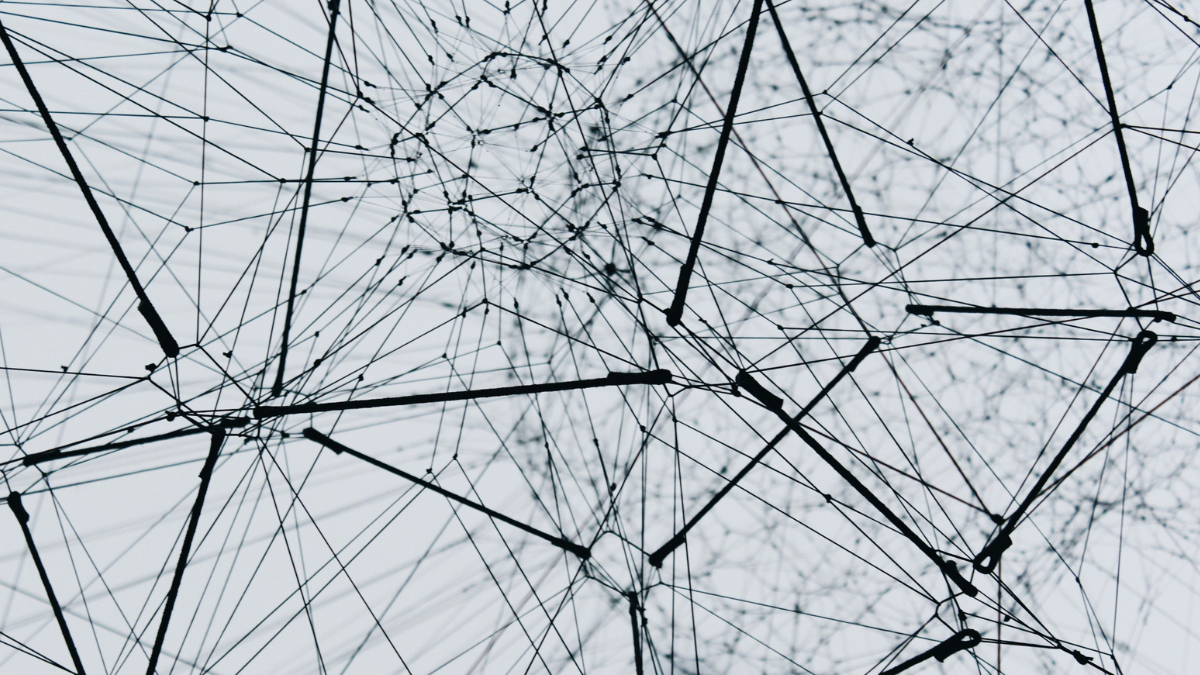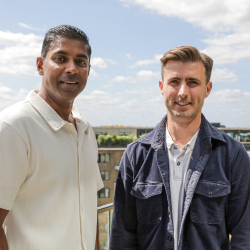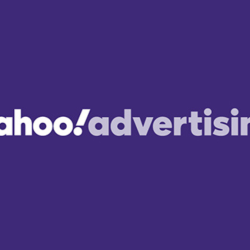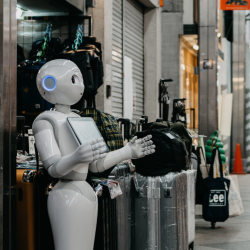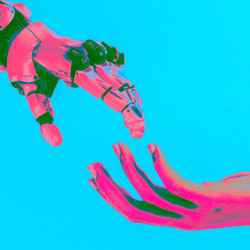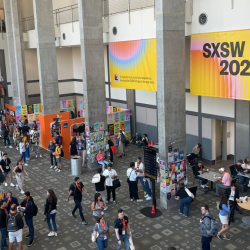How are the areas of expertise of the team you lead at Unilever diversifying?
As Chief Data Officer for Unilever I’m privileged to lead a large team of data experts (data scientists, data engineers, AI and automation experts, business analysts etc). The team, built over the last five years, is supported through our hybrid operating model of global centres of excellence, data and solution factories, which to help us to drive scale and cost benefit, combined with local teams in our top geographic markets who partner with the business for agility and helping to power growth.

This has been in response to the increasing business demand for data, advanced analytics and AI to drive our business performance and growth. With the rapid development of AI, particularly in the last 12 months with Generative AI, we need to keep developing our skills and competencies, so that we can continue to lead this for the business — we now have experts in Graph Databases, Gen AI builds and AI Assurance, which is such a difference from where we were in 2017.
How is Unilever shaping its talent pool to respond to changing needs as digitalisation accelerates?
At Unilever, we have been building our skills and up-weighting our expert teams over the years. Across our geographies our team includes 600+ data and data science experts with ML PHDs or geospatial techniques in the business. Besides global centres, we have established eight regional centres. For example, İstanbul, Türkiye is an established regional data science hub. Our business leader, Personal Care General Manager & Head of Turkey Mustafa Seçkin, prioritises and sponsors our digital AI agenda, to drive our business growth and make our business future-fit. We have established an exciting external ecosystem of third parties, start-ups and academia. In fact, we recently opened Unilever’s first AI Lab in Toronto, Canada. Our goal here is to accelerate the application of AI solutions into Unilever. We are working to solve real-life problems through innovation, and setting up this lab in Toronto allows us to access vibrant tech talent and some of the best partners in the business.
Unilever’s commitment is to equip all employees with a future-fit skill set by 2025 with our Future of Work Programme, and GenAI is at the top of that list. We have been upskilling our employees on GenAI; from learning about the basics of AI course, through to ‘prompt engineering’ and AI assurance. We are helping our employees on how to use AI in a safe, responsible, and legal way. So far, we have trained a total of 5,500 colleagues in our organisation and have exciting plans for 2024.
The number of countries in which the company operates has reached 190. This means an incredibly large pool of data. What kind of operation is behind the process of analysing this amount of data?
Over the past three years we have been building an incredibly sophisticated and advanced data platform to serve at the heart of Unilever’s digital ecosystem and to power Unilever’s data advanced analytics and AI needs. This combines our global, functional, local market data all together so we have one version of the truth and scale our analytics products efficiently. Having all of our data integrated allows us to improve the user experience, the speed and quality of insights and reduce the total cost of data ownership. So far we have created powerful data foundations across all of our 51 largest countries, fuelling hundreds of analytical products across our business units and functions including R&D, Supply Chain, Marketing, Media, and Customer Development.
In which areas are artificial intelligence-based systems actively used at Unilever and what role do they play in decision-making processes? Can you share some specific use cases or examples where AI has been particularly transformative for Unilever’s different departments?
We’ve been on an incredible journey with data, digital and AI. Bringing together the best of human intelligence and machine intelligence. Our ambition is twofold, to use digital and AI to create real competitive advantage for us, and to drive productivity, help us in automating, repetitive and manual work. Machine intelligence is about speed of processing, accuracy, resilience. And human intelligence is about emotions, judgement, wisdom, creativity. It’s about how you bring those two together.
We’ve been scaling AI across the business, mostly supervised learning AI systems. Today, with over 400 AI systems in deployment and embedded in 80+ analytics products that we are putting in the hands of our employees. Globally, we are using machine learning for better demand forecasting and for our factories, AI to help us reduce complexity. Optimizing helps us better spend our trade promotion investment and BMI, ML in consumer helps us to identify a target audience for programmatic advertising. To win in search and digital commerce, we have a proprietary generative AI solution that auto-updates product descriptions on digital commerce sites to respond to search trends and help our brands appear when shoppers are looking for products.
To make sure we always have enough ice-creams for our consumers, in Türkiye we have built cameras in freezers that monitor capacity and re-order as needed. Today we have 85,000 connected cabinets in place across the globe. Another good example in Türkiye is that the team are using geospatial data and AI to determine their assortment based on shopper location and behaviour. They are also working with Microsoft Azure for leading decision intelligence in their own GPT playground with their own data to increase profitability and market share. We’ve also been piloting new AI technologies like Graph, Geospatial and Gen AI which are quite exciting.
Could you discuss any partnerships or collaborations Unilever has engaged in to advance its AI capabilities? How do these partnerships contribute to innovation?
Partnerships are important in fast-moving areas such as AI. It was only a year ago that ChatGPT was launched into all of our lives, things are moving quickly. You have to work in an ecosystem of in-house teams, partners, skills and talent to optimize and bring in the best ideas.
Our vision, especially in our new AI Lab, is to build an ecosystem where diverse minds come together, forging partnerships with industry leaders, start-ups, academia and visionaries worldwide to co-create solutions that make profound impact. Collaboration in AI development not only optimizes resources but also fosters innovation and enhances human capabilities. It’s a key factor in successfully integrating AI into various use cases and pilots.
For our global partners such as Microsoft, we are one of the first companies to establish secure GPT experimentation environments in Azure, on which we have started to build a range of custom solutions, using Unilever data and we are testing MS 365 Copilot. We are also proud to work with promising start-ups, one of those is HolisticAI who are pioneering the application of AI assurance which enables companies like ours to build the trust we need in the AI that we are using across the business.
We have data partnerships with our big customers which we also leverage AI to drive insights to identify growth opportunities and gaps. We will be using our AI capabilities not only for growing our categories but also growing our customers. We are partnering with academia, UCL and MIT in the United Kingdom and Bilkent University in Türkiye.
Let’s finalise with a personal question. Which of the potentials of AI developments excite you the most? Why?
That’s a great question. AI is such a powerful technology that is transforming our industry. I am excited by the potential of AI at Unilever to help us become faster, more agile, more productive and create competitive advantage.
I am excited by the potential of Graph databases, helping us to connect our data across our fragmented data ecosystem to help us address in real-time key questions on resilience, geopolitical risk and sourcing. I think this will be a technology that will make a huge difference to the way we operate.
Featured image: Alina Grubnyak / Unsplash

















